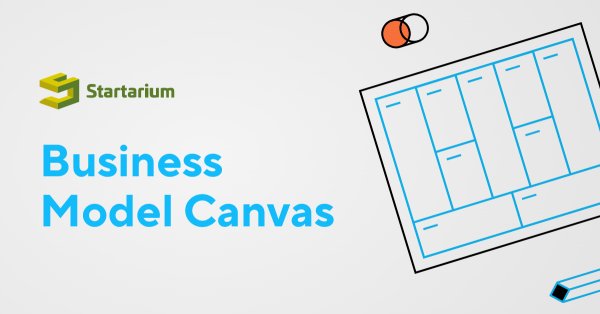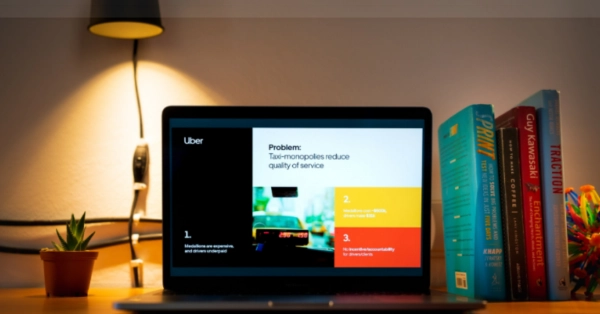The saying, “business as usual” now holds a new meaning. It is no longer sufficient in the eyes of consumers, employees, and other stakeholders to only meet traditional standards of business success. For that reason, in this article you will learn about the importance of sustainability and the reasons why businesses and entrepreneurs should incorporate it into their business model.

Why is sustainability important? A simple reply would be — because our future depends on it. Business sustainability and positive impact are something that all businesses, no matter of size, are confronting today. It is necessary to address a truly sustainable transformation that integrates strategic and operational changes that will allow business models to be more responsible for their social and environmental impacts.
Entrepreneurs and projects that embrace a triple bottom line are concerned with how their businesses affect people, both employees and citizens at large in the communities they serve. They also track their environmental impact and approach their work sustainably so that the planet does not suffer as a result of their line of business.
The triple bottom line approach to business aligns the dimensions of People, Planet and Profit as desirable positive outcomes for business. Consumers and users have become more interested in supporting companies that align with their beliefs. All businesses (new, old or in process of creation) are expected to show a commitment to sustainability. Teams, employees, customers, and clients are all truly interested in sustainability efforts, and they make their employment and purchasing decisions accordingly.
An example of a company that has succeeded while embracing this model is the outdoor gear designer Patagonia. Not only does Patagonia, a Certified B Corporation, place a priority on advancing environmental causes, but it is well known for its employee-friendly work culture.
Understanding and operating through a triple bottom line framework offers opportunities for optimization, innovation, and improvement in entrepreneurship and projects as well as established businesses.
Engaging a business model with comprehensive consideration of people, planet, and prosperity will ultimately lead to increased resilience and cost savings, and overall success for all stakeholders involved.
While new business models continue to evolve, there is still much work for entrepreneurs and organizations, no matter the industry, sector, or job position. Through the triple bottom line framework and the considerations of a circular business model, changemakers have the opportunity to strategically engage colleagues and leadership.
5 Questions You Need To Ask yourself on your Sustainability Journey
- How can I define sustainability for my startup/project? The first step is to define what sustainability means to you. Which realm do you want to explore? Do you want to stand behind reducing carbon emissions? Net-zero? Renewable energy?
- Am I or my team educated on sustainability? Once you find your niche, it’s time to get your team educated in the sustainability space. Team education is a big part of creating a sustainable business culture, and you can start this initiative in the short, medium, or long term.
- Where do my competitors stand on sustainability? You have defined what sustainability means for your startuo/project and have started to educate your team on the topic. You can now carry out a competitor analysis. For example, if you are a food and beverage company, choose two small, medium, and large businesses and study their sustainability efforts. Once you have looked at companies of different sizes, you will get a closer understanding of your positioning on the issue.
- How can I communicate this subject ?: Do people know you have a sustainability program? Do people care if you have a sustainability program? If they care, what do they want to see you doing?
- How Are You Measuring Progress? Developing and implementing a sustainability plan is just the first step in the process; you need to show that a positive difference is made when you put the plan into action.
- While new business models continue to evolve, there is still much work for entrepreneurs and organizations, no matter the industry, sector, or job position. Through the triple bottom line framework and the considerations of a circular business model, changemakers have the opportunity to strategically engage colleagues and leadership.
You will learn about all of these in this e-course! Let's start.























